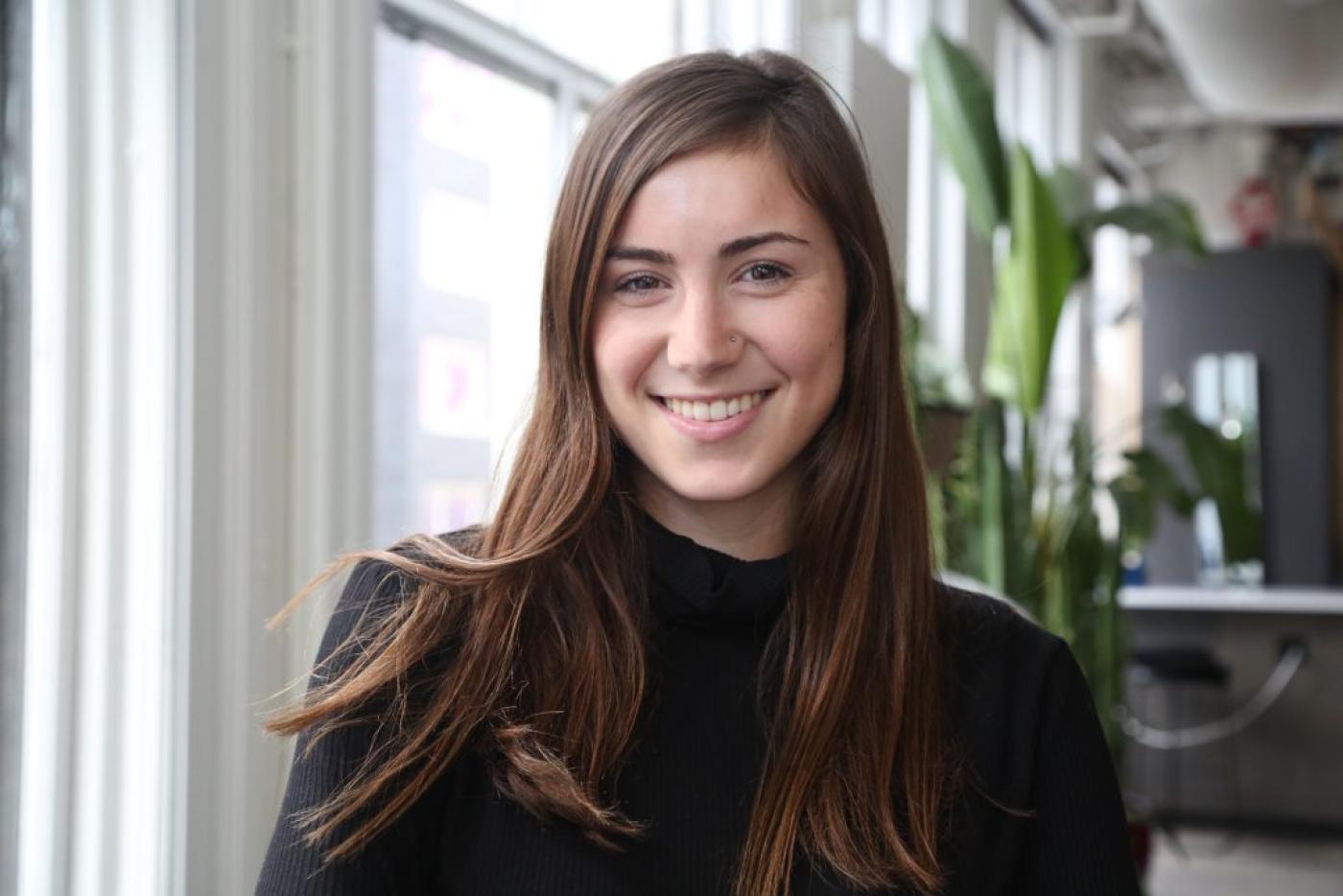Jessica Markowitz
Jessica was just 11 years old when, in 2006, she founded Richard’s Rwanda, inspired by Richard Kananga, a representative from the National Unity and Reconciliation Commission in Rwanda who stayed with Jessica’s family in Seattle in 2006. In addition to the history of the 1994 Genocide against the Tutsi in Rwanda, Richard told sixth-grader Jessica about the difficulties Rwandan girls her age had staying in school, and Jessica was moved to create a non-profit that has gone on to fund scholarships for more than 85 girls in the East African country. As of 2017, the organization has started focusing on a metalsmithing vocational program to help young women find sustainable employment. Now an NYU 2018 graduate, Jessica is spending the next year as a JDC Entwine Global Jewish Service Corps fellow in Budapest, Hungary, where she'll be working with the local Jewish community acting as an advisor to the BBYO Hungary chapter and working in the local JCC.
